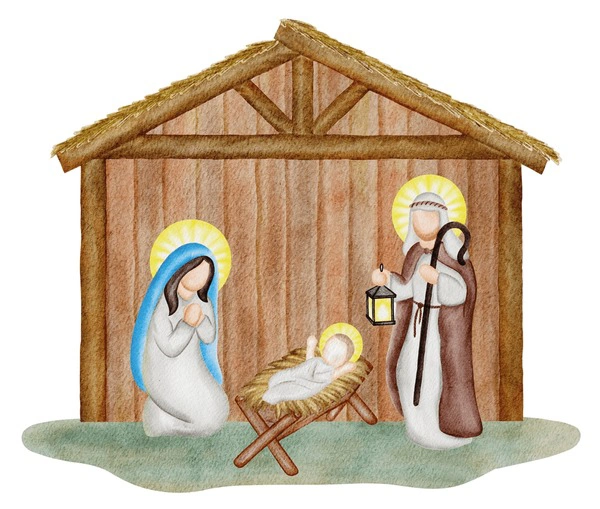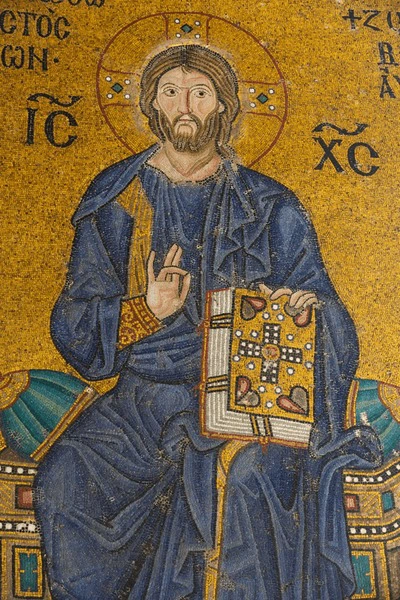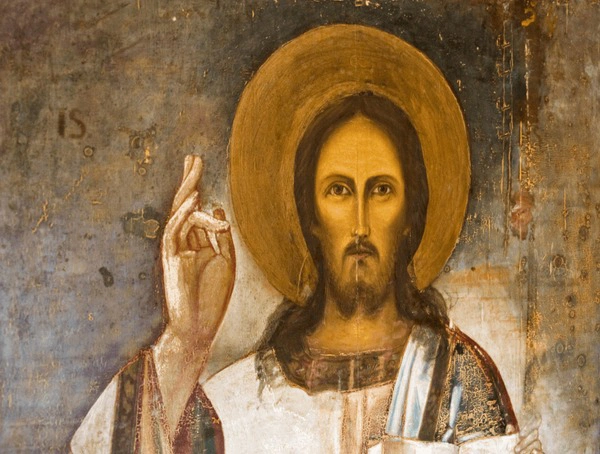
Understanding Jesus's Davidic Lineage: A Journey Through Matthew 1:6
The lineage of Jesus, as outlined in Matthew Chapter 1, Verse 6, traces back to King David, fulfilling ancient prophecies and affirming Jesus as the Messiah. This connection highlights the continuity of God’s plan for salvation, offers theological insights, and inspires believers to live out their faith authentically in the legacy of their spiritual heritage.
Sarah Mitchell
26/11/2024 - 6 months ago

The Davidic Lineage in Biblical Context
Understanding the lineage of Jesus is a cornerstone of faith for many believers. In Matthew Chapter 1, Verse 6, it explicitly states that Jesus is a descendant of David. This connection to the royal house of Israel is not just a matter of genealogy but a fulfillment of prophecy. Throughout the Old Testament, the lineage of David carries significant weight, as the Messiah was expected to come from this line. This expectation is rooted in promises God made to David, assuring him that his kingdom would endure forever.
The significance of David’s lineage lies in its role in Jewish prophecy. The Jews awaited a savior who would restore the glory of Israel, with King David serving as a symbol of righteousness and leadership. By tracing Jesus’s genealogy back to David, Matthew establishes Jesus as the rightful heir to these promises. This connection was crucial for early Christians to understand and accept Jesus as the Messiah, fulfilling the expectations set forth in their sacred texts.
In a broader sense, the Davidic lineage serves as an affirmation of God’s faithfulness and the continuity of His plan for salvation. The promises made to David resonate through generations, culminating in the birth of Jesus, who embodies the hope and redemption long anticipated by the Jewish people. For believers today, this lineage emphasizes the unbroken thread of divine purpose weaving through history, offering assurance of God’s unwavering commitment to His promises.
Matthew's Genealogical Narrative
Matthew’s Gospel begins with a genealogy that traces Jesus’s ancestry, underscoring His rightful place in the line of David. This detailed account serves a dual purpose: it validates Jesus’s claims as the Messiah and connects His life and mission to the heritage of Israel. By starting with Abraham and meticulously listing each generation down to Jesus, Matthew highlights the fulfillment of God’s covenant with His people.
The mention of David in Matthew Chapter 1, Verse 6, anchors Jesus’s lineage in a history of kingship and divine favor. David was not only a king but a man after God’s own heart, whose reign was marked by both triumphs and failures. Yet, through David, God promised a perpetual dynasty, a promise echoed in the birth of Jesus. This genealogical narrative reaffirms that Jesus’s life was not an isolated event but the culmination of a divine plan.
For those familiar with the stories of the Old Testament, Matthew’s genealogy serves as a bridge connecting the past with the present. It invites readers to see Jesus not only as a new beginning but as the fulfillment of ancient prophecies. This perspective enriches the understanding of Jesus’s mission and the profound implications of His birth, as foretold by the prophets and realized in His life and teachings.
Theological Implications of the Davidic Lineage
The theological implications of Jesus’s Davidic lineage are profound. It affirms Jesus’s identity as the Messiah, a central figure in Christian belief who fulfills the prophecies of the Old Testament. By establishing this connection, Matthew’s Gospel reinforces the legitimacy of Jesus’s mission and His role as the Savior of humanity. This lineage is not merely a historical detail but a theological statement about God’s plan for redemption.
In Jewish theology, the Messiah was expected to restore the kingdom of David and bring peace and prosperity. Jesus’s identification with David’s line suggests that He is the one to fulfill these expectations, albeit in a spiritual rather than political sense. His mission is not to establish a temporal kingdom but to bring about a spiritual renewal, offering salvation to all who believe.
For Christians today, acknowledging Jesus as a descendant of David is a reminder of the continuity of God’s plan and the fulfillment of His promises. It underscores the belief that Jesus is the answer to the long-held expectations of a Messiah who would come to redeem and restore. This understanding invites believers to embrace their faith with confidence, knowing that God’s promises are trustworthy and His plans are unchanging.
Living Out the Legacy of David
Understanding Jesus’s connection to David invites believers to reflect on their own spiritual heritage. Just as Jesus’s lineage is marked by significant figures of faith, each person’s journey is part of a larger story. This perspective encourages individuals to live out their faith authentically, embracing the legacy of those who came before them and contributing to the unfolding narrative of God’s people.
In practical terms, this means living with intention and purpose, guided by the principles exemplified by figures like David. Despite his flaws, David’s heart for God and his desire to follow divine guidance set a powerful example for believers. Following this legacy involves seeking God’s will, striving for righteousness, and maintaining a heart open to His leading.
Ultimately, the connection to David’s lineage invites believers to see themselves as part of an ongoing story of faith and redemption. It challenges them to carry forward the legacy of God’s promises, living lives that reflect His love and grace. By embracing this heritage, Christians can find strength and inspiration to navigate the complexities of life, anchored in the assurance of God’s eternal plan.




















